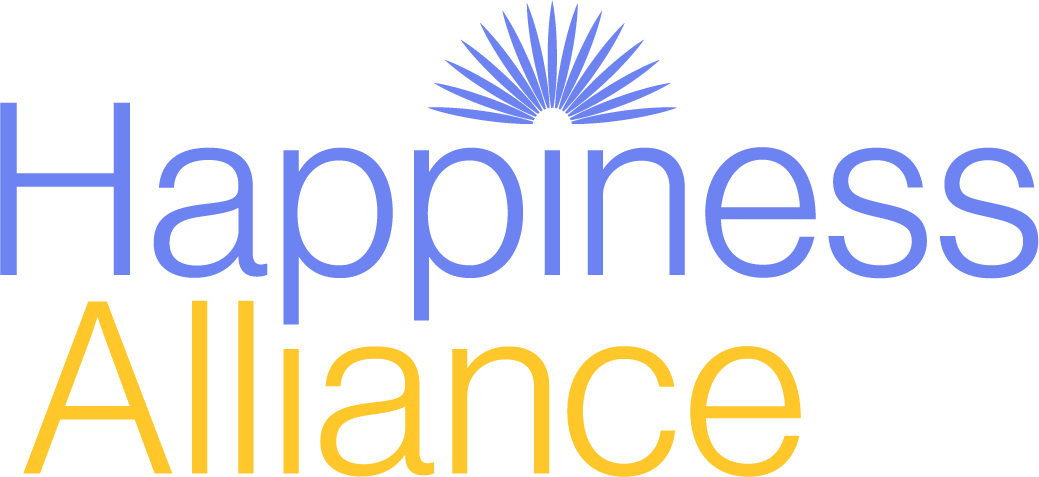Lucy HG Solomon
Lucy HG Solomon is a 2021 Fulbright scholar whose global project probes microbiological connections across distant terrains. An associate professor in the Department of Art, Media and Design at California State University San Marcos, she teaches at the intersection of media, data and the environment and leads the DaTA Lab (Laboratory for Data and Transdisciplinary Art). She is a co-founder of the art collective, The League of Imaginary Scientists, and one-half of Cesar & Lois, a collective with Cesar Baio.
Cesar & Lois probes the evolution of humanity’s relationship to nature by advancing intersections and parallels between technological and biological systems. Consisting of Lucy HG Solomon (CA, USA) and Cesar Baio (SP, Brazil), Cesar & Lois endeavors to think with nonhuman networks. Their creative scholarship on artificial intelligences aspires to reroute machine thinking to more equitable sharing of resources and information: the logic sourced in microbiological systems. The duo ponders microbio-logic, the logic based in the growth of those microbiological organisms, and studies how this can inform human logic, with the goal of positing new equitable systems for a post-anthropocentric future. Cesar & Lois received the Lumen Prize in Artificial Intelligence (2018), were finalists for Singapore’s Global Digital Art Prize (2019) and were selected as artists in residence at Coalesce Center for Biological Arts (2020) and UC Davis Hess Laboratory (2021). cesarandlois.org |
The art collective Cesar & Lois creates artworks that orient artificial intelligences to microbiological beings, with the idea that those organisms’ decentralized logic offers opportunities to rethink AI. We imagine how an AI based in nonhuman systems could make decisions based on global ecosystems and distant populations better than anthropocentric models of artificial neural networks. The emergence of multiple crises, including climate change, loss of political representation, civil wars and the plight of refugees, is evidence that a new kind of consciousness is required. In our article, we advocate for an ecosystemic artificial intelligence (EAI), a networked consciousness. This means that we have to learn not only how to think as individuals but how to think together, and across human and nonhuman systems. This networked thinking challenges the dualisms of modernity and human exceptionalism. To bring about this radical shift in our societies, we have to rethink and rebuild our technological systems based on a concept of community well-being that is multi-species and ecosystemic.

